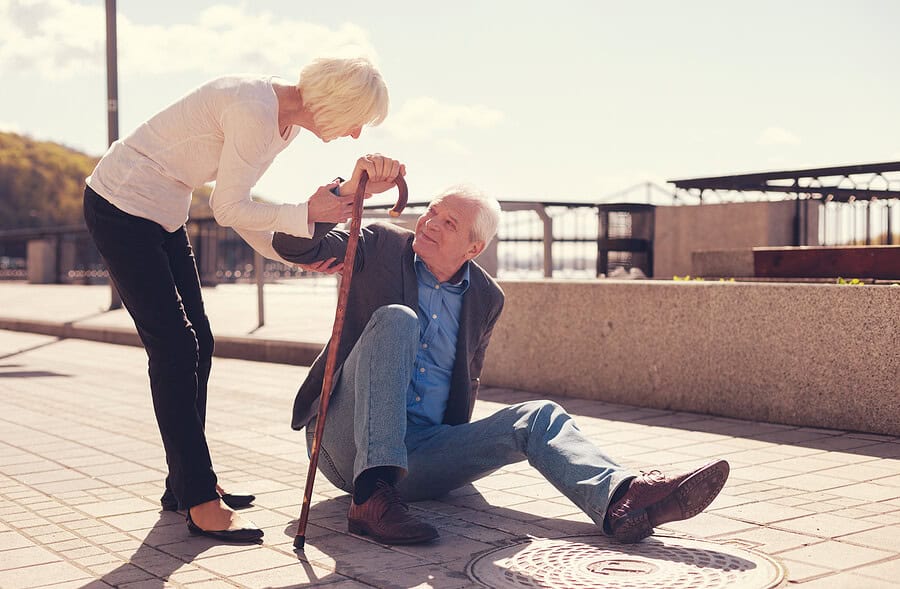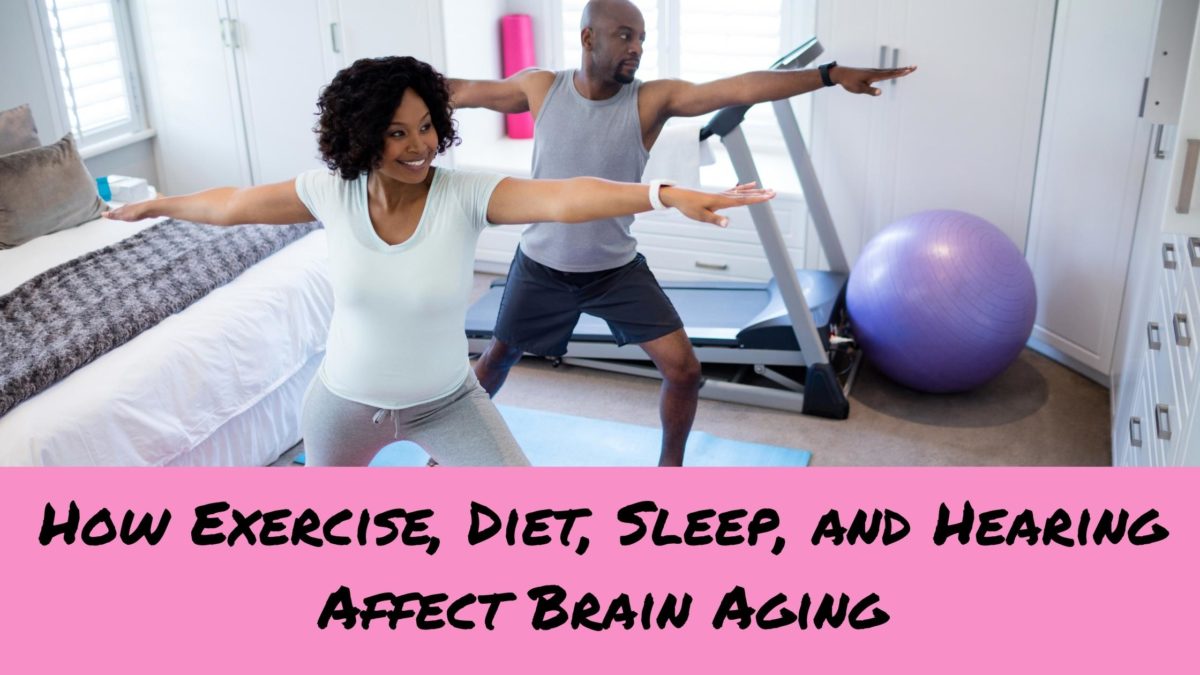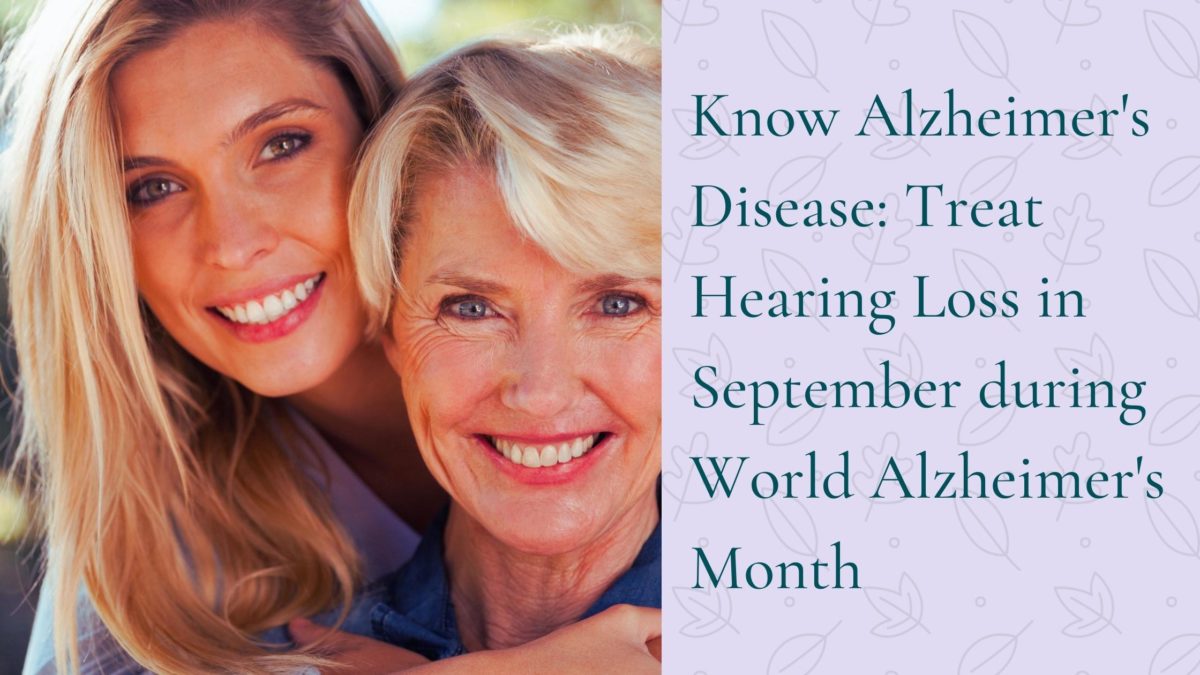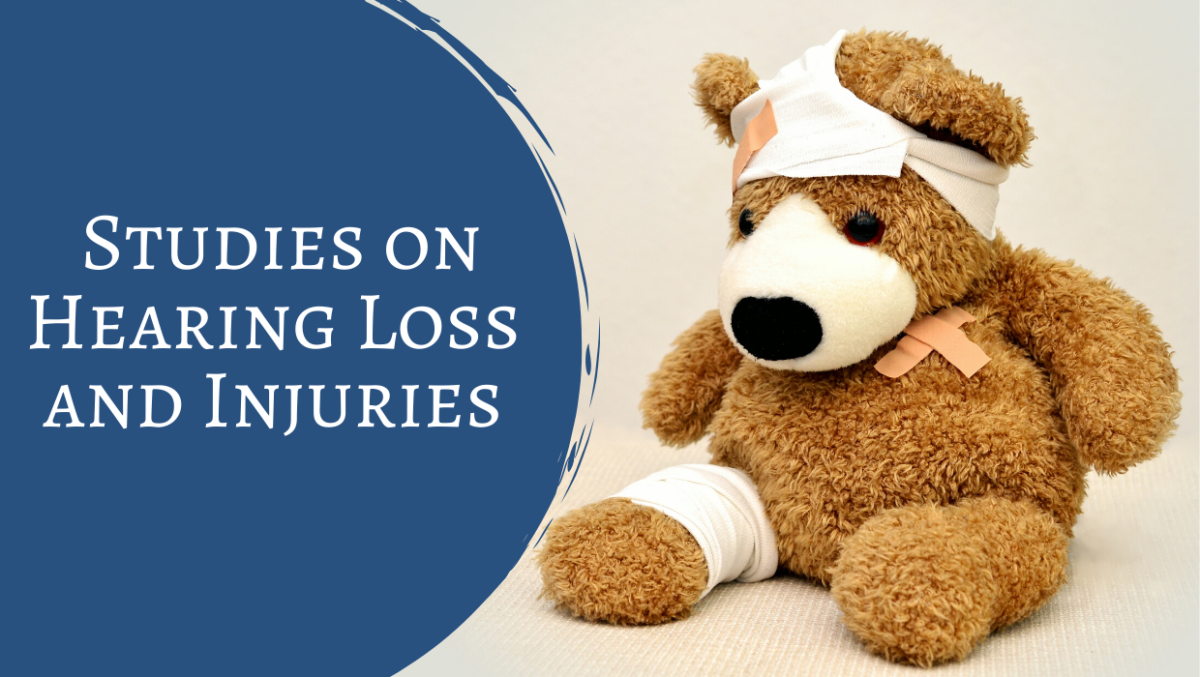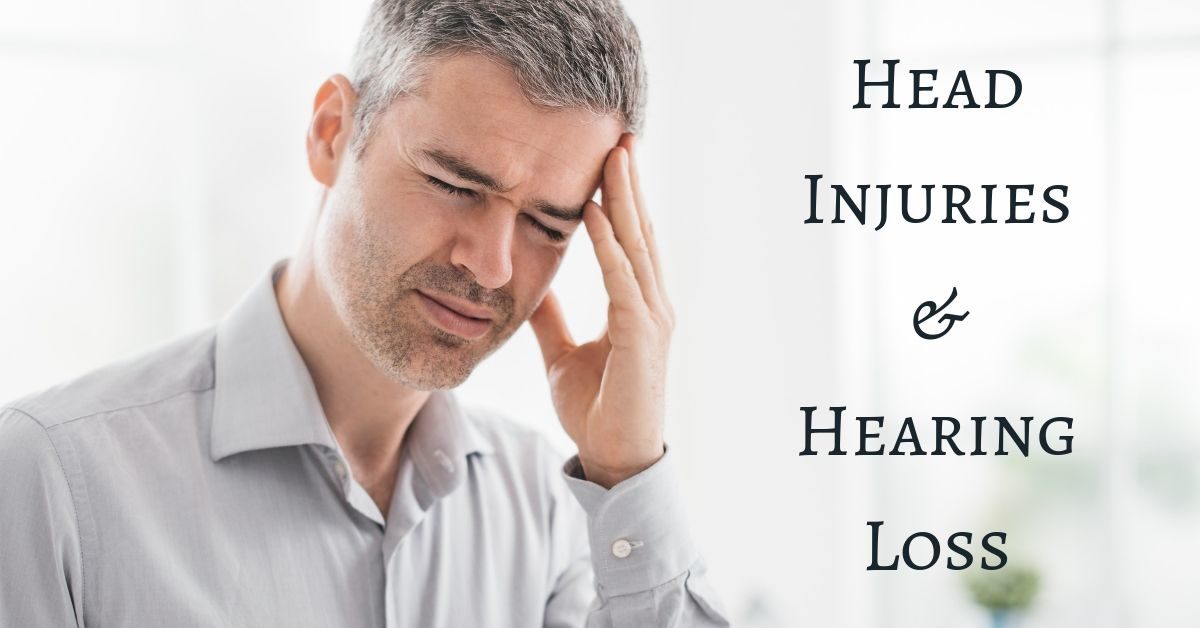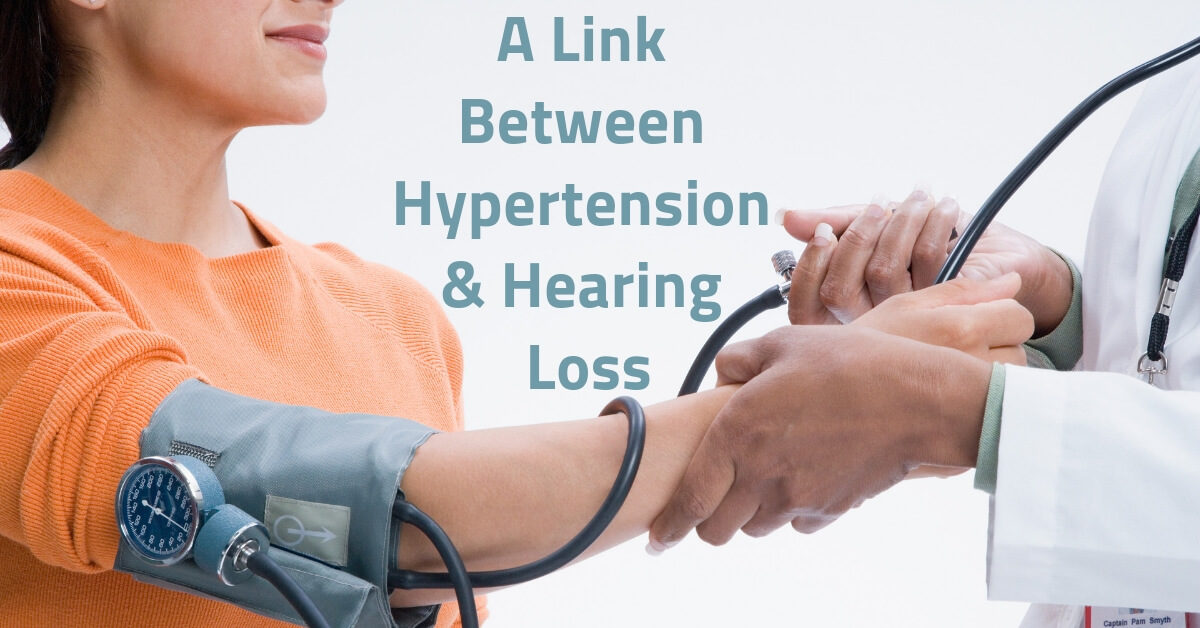Earwax, also known as cerumen, is a natural substance produced by glands in the ears. It protects the ear canal from dust, foreign particles, and microorganisms. Although some may view earwax as unclean, it plays a vital role in ear health. Earwax usually moves out of the ear canal naturally, aided by jaw movements such as talking and chewing. Normally, …
Prevent Falls and Accidents with Hearing Aids
Falls are a leading cause of injury among older adults, with around one in four Americans aged 65 and older falling each year. Not only do these falls have a physical impact, but they also come with significant psychological consequences, such as the fear of falling again. This can lead to reduced activity, social isolation, and feelings of helplessness. Did …
Clearing the Air: The Link Between Smoking and Hearing Loss
While the health risks associated with smoking are well-documented, what you might not know is that smoking is linked to hearing health. Let’s explore this connection and take a closer look at how smoking can contribute to hearing loss. The Link Between Smoking and Hearing Loss Here are some of the ways that smoking can impact hearing health: Vascular Damage: …
Diabetes and Hearing Loss: An Unexpected Connection
Did you know that hearing loss and diabetes are connected? This unexpected connection reminds us that different health conditions are all interrelated and can inform treatment options. Understanding Diabetes and Hearing Loss Before we dive into the connection between hearing loss and diabetes, let’s take a closer look at both diabetes and hearing loss: Diabetes: Diabetes is a chronic condition …
How Exercise, Diet, Sleep, and Hearing Affect Brain Aging
How much do you know about your brain health? Just like every other part of your body, your brain slowly ages over time. However, there are a few things that can make your brain age faster, while other activities may keep your brain active and healthy. Here are several major factors that affect brain aging. Exercise and Your Brain Exercise …
Know Alzheimer’s Disease: Treat Hearing Loss in September during World Alzheimer’s Month
This month is World Alzheimer’s Month! September 2021 marks the 10th year of this global awareness campaign. Organized by Alzheimer’s Disease International, this initiative focuses on challenging the stigma associated with dementia, a chronic condition that impacts 50 million people worldwide. Dementia includes a range of medical conditions that affect cognitive functions like memory, thinking, learning, and decision making. There …
Studies on Hearing Loss and Injuries
If you experience hearing loss, you may be at higher risk for personal injury. The correlation between hearing loss and accidental injury was closely examined in a 2018 study. The research findings help us understand the ways in which hearing loss impacts people’s lives. Impaired hearing continues to be a growing public health concern that millions of people are navigating. …
Head Injuries & Hearing Loss
The Center for Disease Control estimates that over one million cases of traumatic brain injuries each year, just part of the larger collection of nearly 3 million head injuries that occur each year. A traumatic brain injury is caused when one is hit in the head with force, when the head is violently shaken, and sometimes as the result of …
Tips for Managing Tinnitus
Do you feel a ringing in your ear that just won’t go away? It sounds like you are one of 50 million Americans with tinnitus. We can describe tinnitus as the experience of being able to hear a sound when there is in fact no sound present. It usually experienced as a ringing inside the ears, but can also sound …
A Link Between Hypertension & Hearing Loss
You might think that hearing loss is only caused by exposure to loud noises, but it may be coming from a different source. Hypertension can also effect your hearing, according to some recent research. Hypertension, or high blood pressure, has long been associated with heart disease, strokes and diabetes, but now we are becoming aware of its consequences on hearing. …
- Page 1 of 2
- 1
- 2


